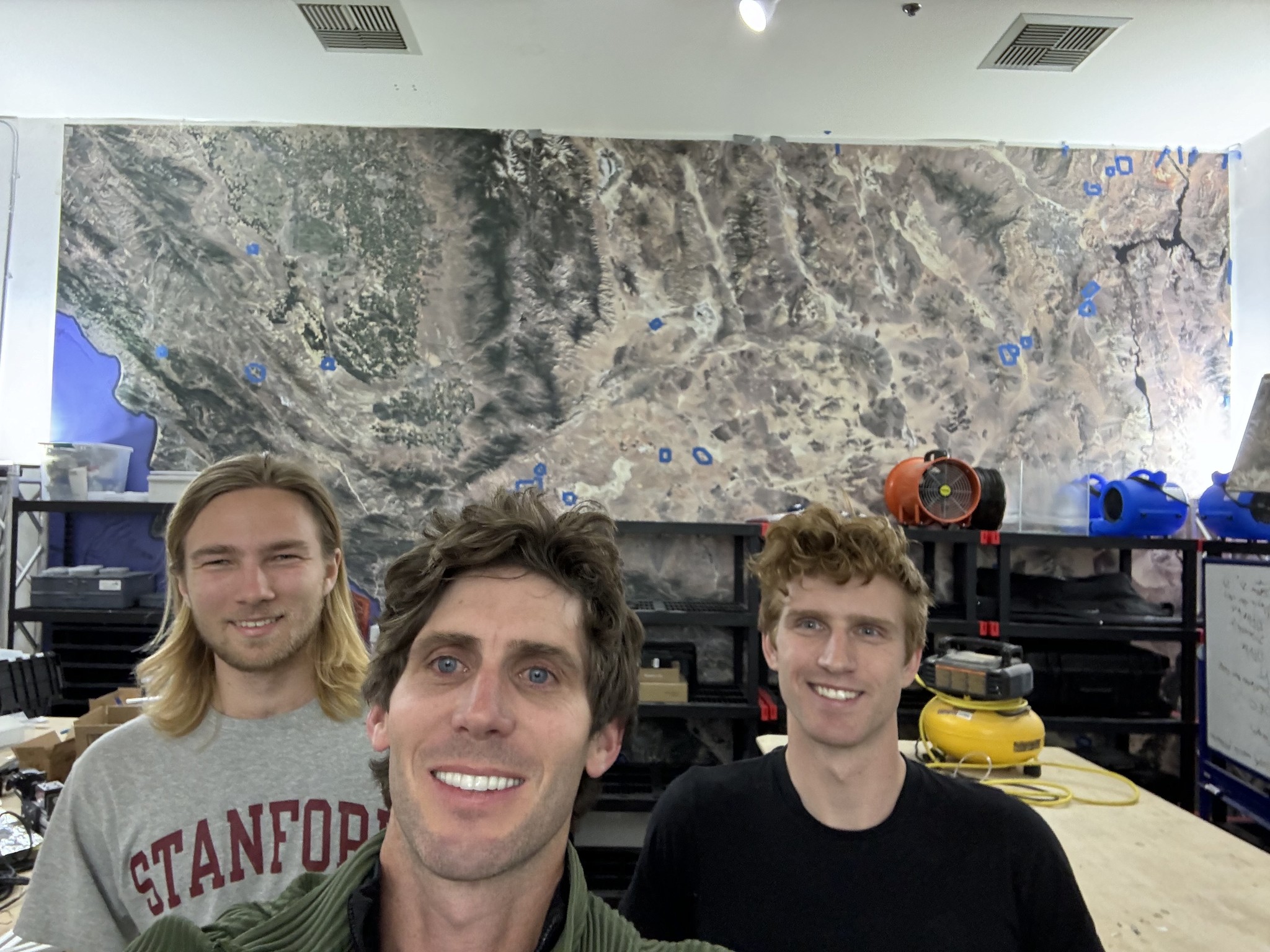Announcing our $6.5 million seed round
With funding from Sequoia, Starship Ventures, and others
2024-09-24
Reflect Orbital sells sunlight from orbit to solar farms and large-scale lighting applications after sunset using a very large constellation of in-space reflectors. Today, we are excited to announce our $6.5m seed round led by Shaun Maguire at Sequoia Capital, with participation from Starship Ventures, Baiju Bhatt, Keller Rinaudo Cliffton, and Keenan Wyrobek. This funding will take us to space and enables us to grow a team that will develop our production vehicles. Partnering with a legendary VC to build space-based energy infrastructure is incredibly exciting, and we represent Sequoia’s first investment in space technology since SpaceX. Together, we see a future where revolutionary launch capability enables companies like us to exist at massive scales.
We believe more sunlight can help provide humanity with the energy required to maintain and improve living standards globally. Creating more clean solar energy is the highest leverage improvement we can make to everyone’s lives on Earth right now. Reflect provides a near-inexhaustible fundamental resource – sunlight – and serves the largely overlooked demand for sunlight after sunset. We benefit from and recognize the convergence of three factors that facilitate our growth:
1) The space launch industry has invested billions to develop lower cost transportation infrastructure (i.e big rockets) that we can simply use. Because of this, getting to the place with a nearly endless supply of sunlight – space – is becoming easier and more affordable.
2) More solar is built today than any other energy technology, and it continues to get cheaper and more widespread. The biggest drawback of solar is that it doesn’t work at night, which we address.
3) Few realize how much sunlight everyone on Earth uses everyday just to visually understand their surroundings. Because we sell a big spot of sunlight at night, we can help people see things at night over large areas as if it were daytime. And almost more importantly, this is a capability we can begin providing with our first satellite.


